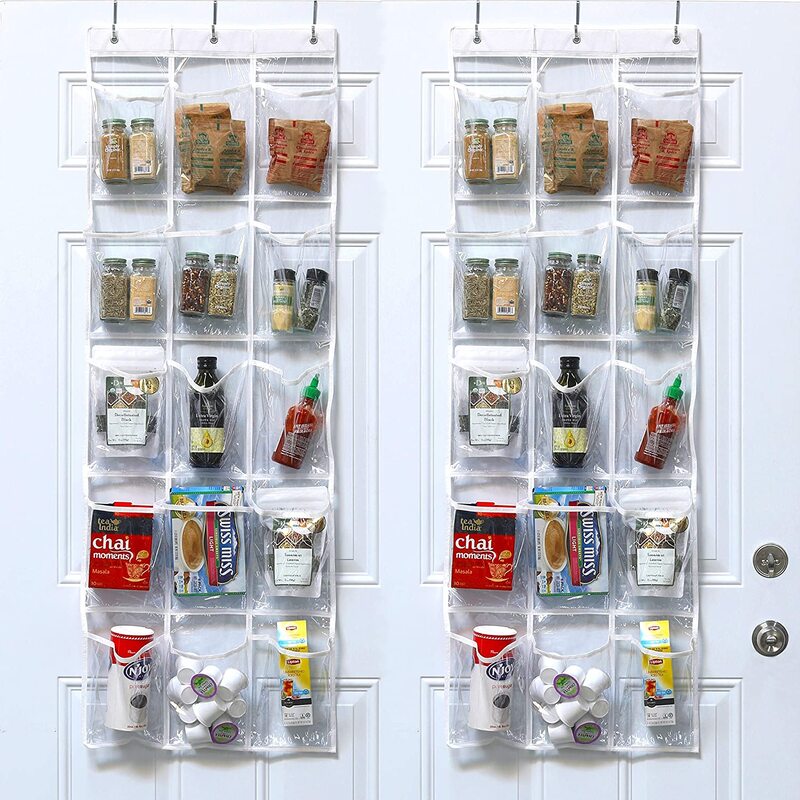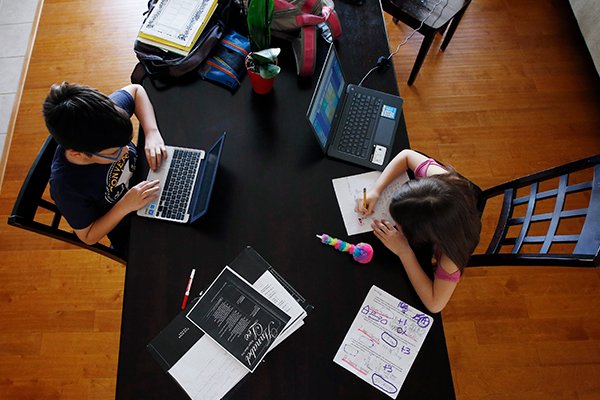So, how do we talk to our kids about school, when we aren't sure what school will look like yet? And even with as much information as the school has provided, the very first hour of the very first day will likely present challenges that no one could see coming. I want to help parents start the conversation with their child now, so as not to induce anxiety as the school year begins. If you as a parent are anxious, panicking, scared, apprehensive, or negative, your child will pick up on that, and may begin to worry. It's important to talk to your child calmly, on their level, seriously, but not put unnecessary fears in their head.
The first place I would start is with explaining that the school is doing everything in their power to keep kids safe. Whether going to the physical school, staying home with remote learning, or gathering with a small pod of students who work together and practice risk-avoidance, it's important to assess your child/children about signs of illness. You might say, "This school year is going to be different than other school years, because it's very important that no one go to school if they are sick. Not just sick with strep throat or the flu, but with an illness that is currently making a lot of people sick. Not only do I want you to be healthy, I want to make sure other kids and your teachers and the school staff stay healthy too. School is very important, so I am going to talk to you every morning about whether or not you may feel sick. If you have a cough, fever,body aches, loss of taste or smell, or nausea, we will keep you home, monitor you, and you can work on your school work from home. I will also check your temperature to make sure you don't have a fever." Then, I would keep a thermometer by the door where your child stores their backpack or shoes.
Parents should also talk to their child about what they should do if they notice a classmate is sick, or even if the teacher is sick. "You might notice, when you're at school, that one of your classmates appears sick. Maybe they are coughing, sweaty and red, or they appear pale or sick to their stomach. If it's one of your classmates, tell your teacher right away. The teacher can help get them to the nurse, who can assess whether they are sick. If your teacher appears ill, tell another teacher or your principal, so they can get help. It's going to be very important that you stay healthy, but also that you say something if someone else appears sick." We all know that sometimes kids go to school, even if they are sick. We also know that teachers do not want to miss school, because they are dedicated to the kids. But part of stopping the spread of the virus is monitoring your own health, and being aware of people around you who might be ill.
In almost all in-person schools, students will be required to wear a mask. For some students this will just be annoying. They may want to mess with their mask, touch it, move it up or down their nose, stick their finders under it. But for other students, their mask may cause anxiety. They may have trouble breathing, they get hot and sweaty (and break out in acne or get mask rash), or the feeling of claustrophobia. But we know we have to wear them, so start practicing now. One ingenious friend on Facebook suggested that any time her kids are allowed to watch TV or use electronics or games, they have to wear their mask. No mask? No electronics! Go outside and play! I also spoke with a friend who is a medical doctor, and she suggested mask desensitization training.
Besides these physical considerations, there are also mental health and social emotional well-being discussions that should happen. You may find that your child has anxiety about their desks being kept 6 feet apart, teachers wearing masks and maintaining physical distance, and eating lunch in the classroom. They may be worried that they are not in a class with their friends, and might not see them at all during the day. They may be worried about being stuck in a class with someone they don't get along with, a bully, or someone who bothers them. I would definitely suggest talking with them about how these fears are normal, and that you can talk about this with them, to a teacher, to a counselor, or to someone they trust.
One of the best things you can do, whether going to school in person or online, is to create routines and stick with them. Students who are attending virtually need to know if they are expected to attend live sessions, or whether they will be watching pre-recorded videos and doing assignments. Ask your school for contact information for teachers, counselors, or other school connectors. Schools may have a designated point person who helps students deal with the way COVID has disrupted their lives. The CDC provides great resources for understand how stress affects your life, and coping techniques.
Parents should always keep the lines of communication open with their children. Kids may hear a lot of discussion on social media about the virus, which might be true or false. Snopes has an entire section about debunking COVID myths. When in doubt, go to a reputable source like the CDC, the American Academy of Pediatrics, or your local health department. Make sure your child knows that there is always someone they can talk to about their fears or concerns. The safety of students is everyone's highest priority right now.













 RSS Feed
RSS Feed
